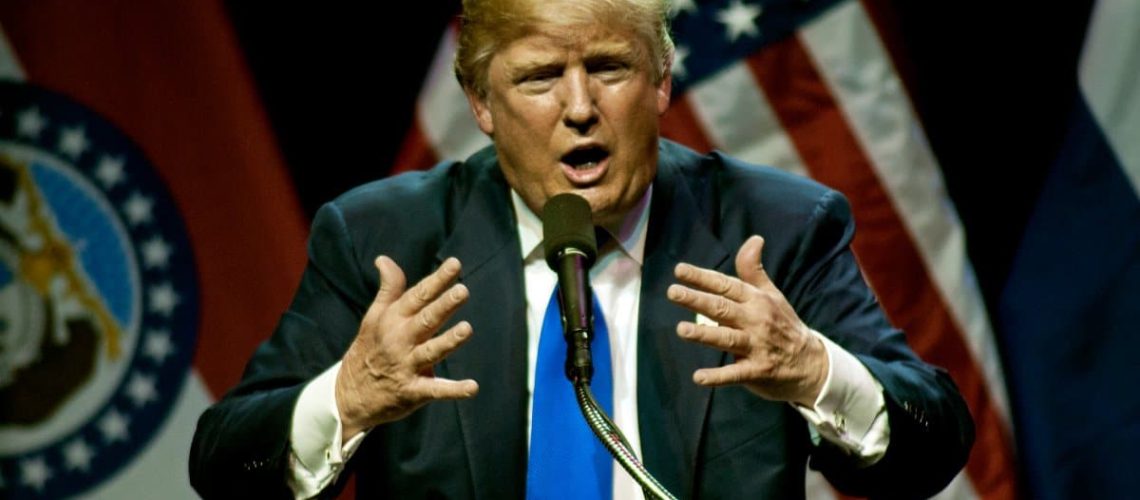Donald Trump’s presidency was marked by numerous moments that alienated Black voters. How could anyone who believes that racism is unacceptable vote for him after these incidents?
1. Central Park Five Comments
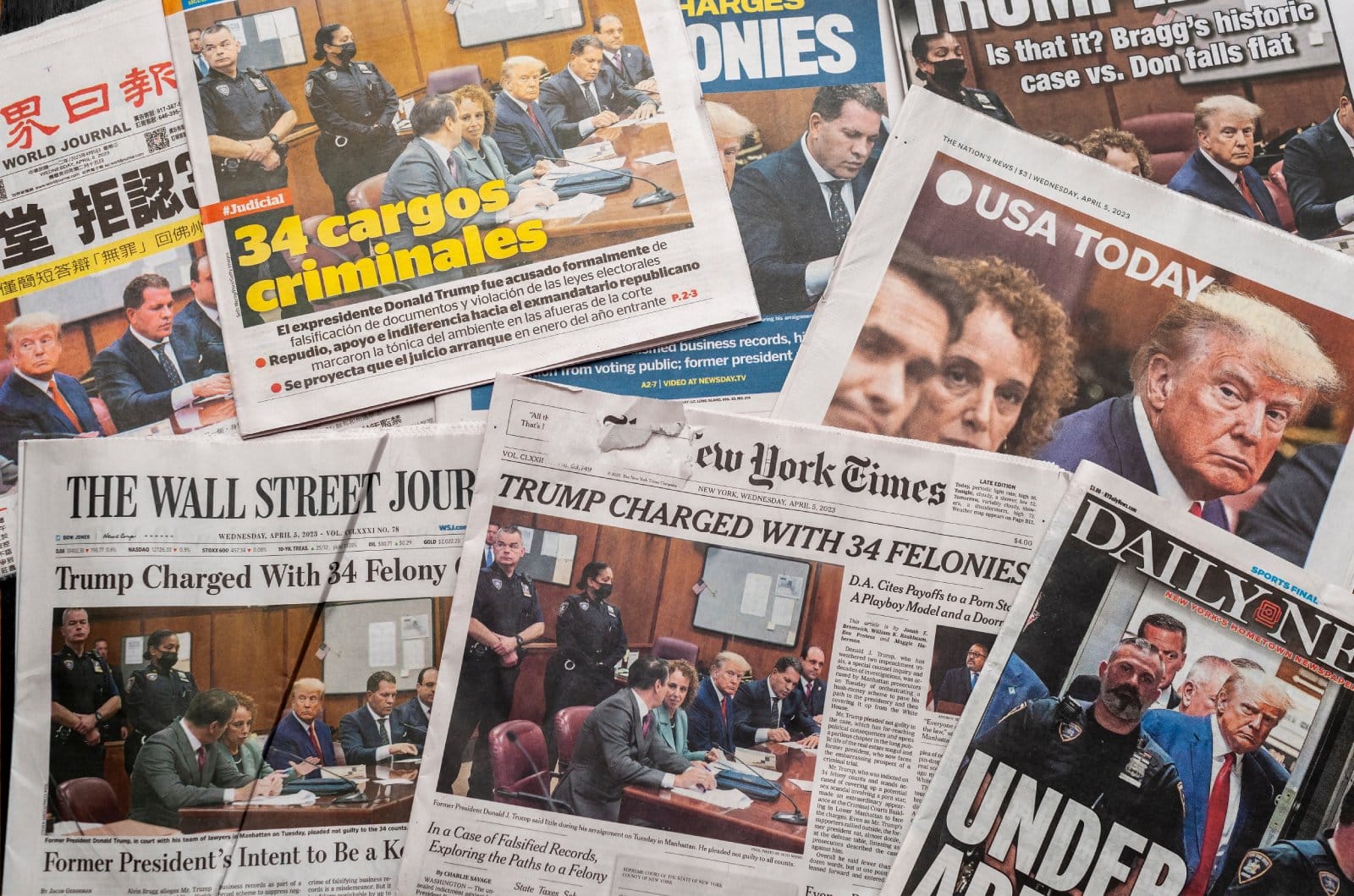
In 1989, Trump took out full-page ads calling for the death penalty for the Central Park Five, five Black and Latino teenagers wrongfully convicted of assaulting a jogger. Despite their exoneration in 2002, Trump has never apologized for his role in fueling public outrage against them.
2. Birther Movement
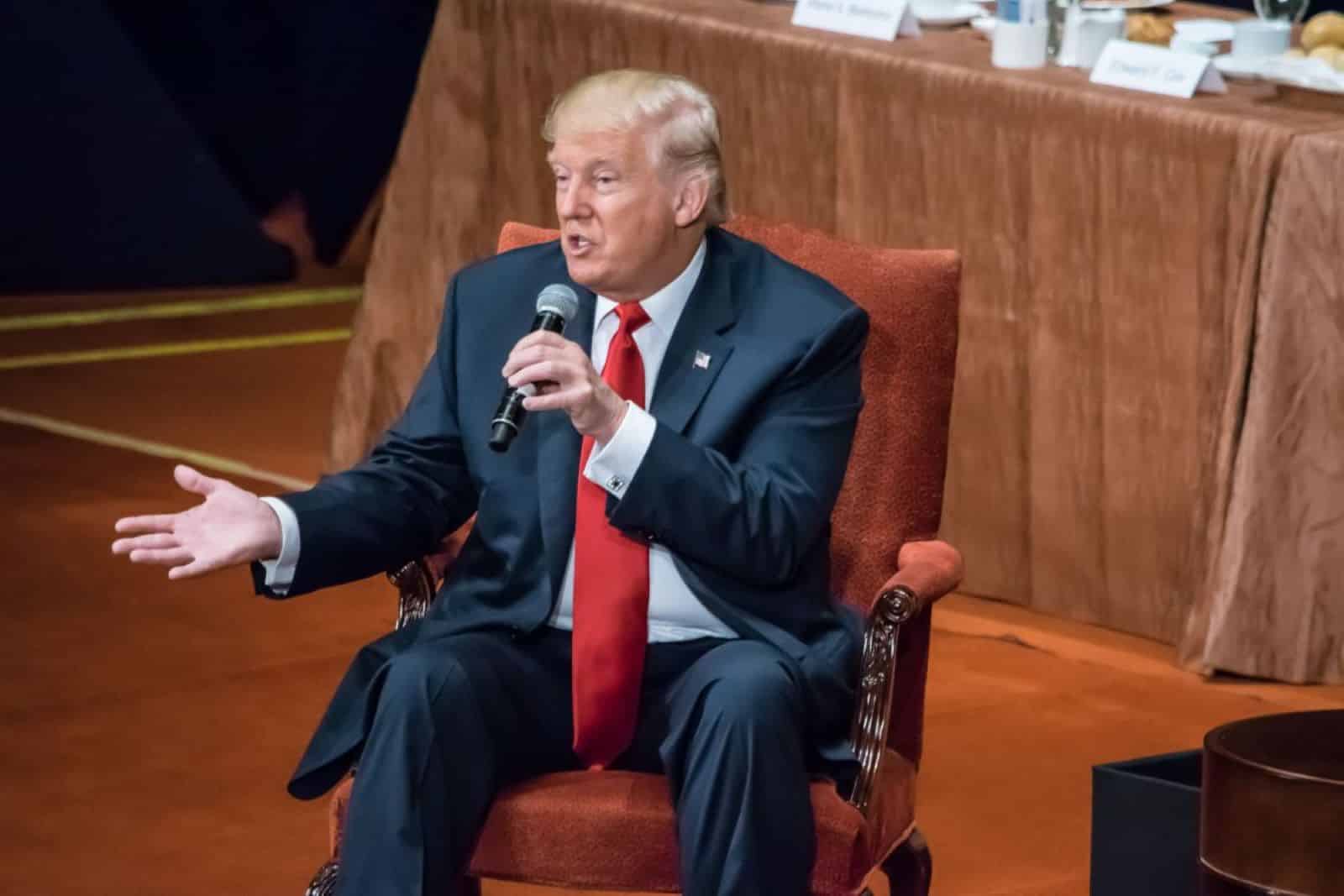
Trump was a leading voice in the “birther” movement, which questioned Barack Obama’s birthplace and legitimacy as the first Black president. This racially charged conspiracy theory was widely seen as an attempt to delegitimize Obama based on his race.
3. Charlottesville Comments
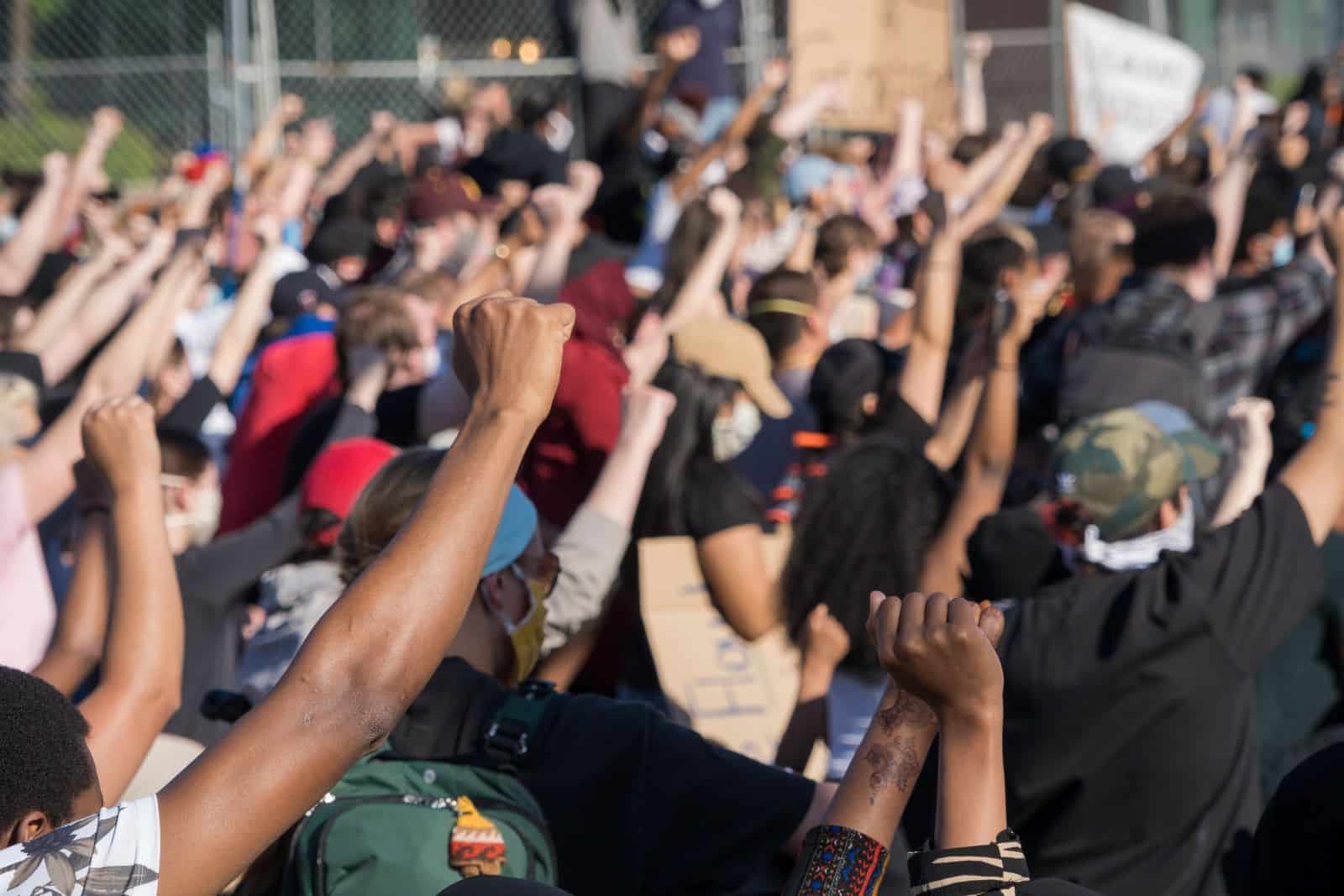
Following the 2017 Charlottesville rally, where white supremacists clashed with counter-protesters, Trump claimed there were “very fine people on both sides.” This statement was perceived as equating those fighting against racism with those promoting it.
4. “What Do You Have to Lose?”
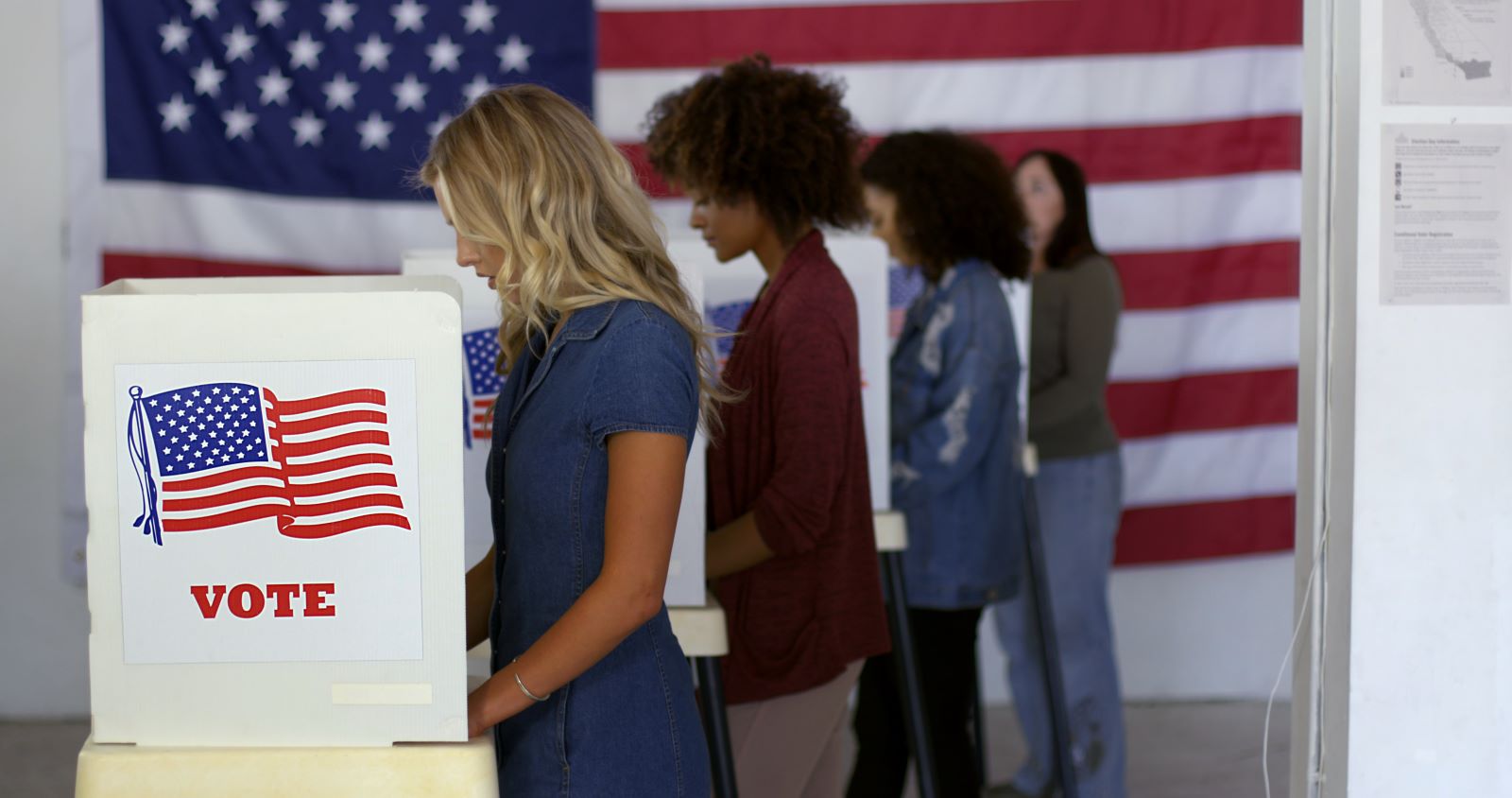
In 2016, Trump asked Black voters, “What do you have to lose?” by voting for him, implying that their communities were in such dire straits that any change would be better. This comment was seen as patronizing and dismissive of the complexities of Black Americans’ lives.
5. Attacks on Black Leaders
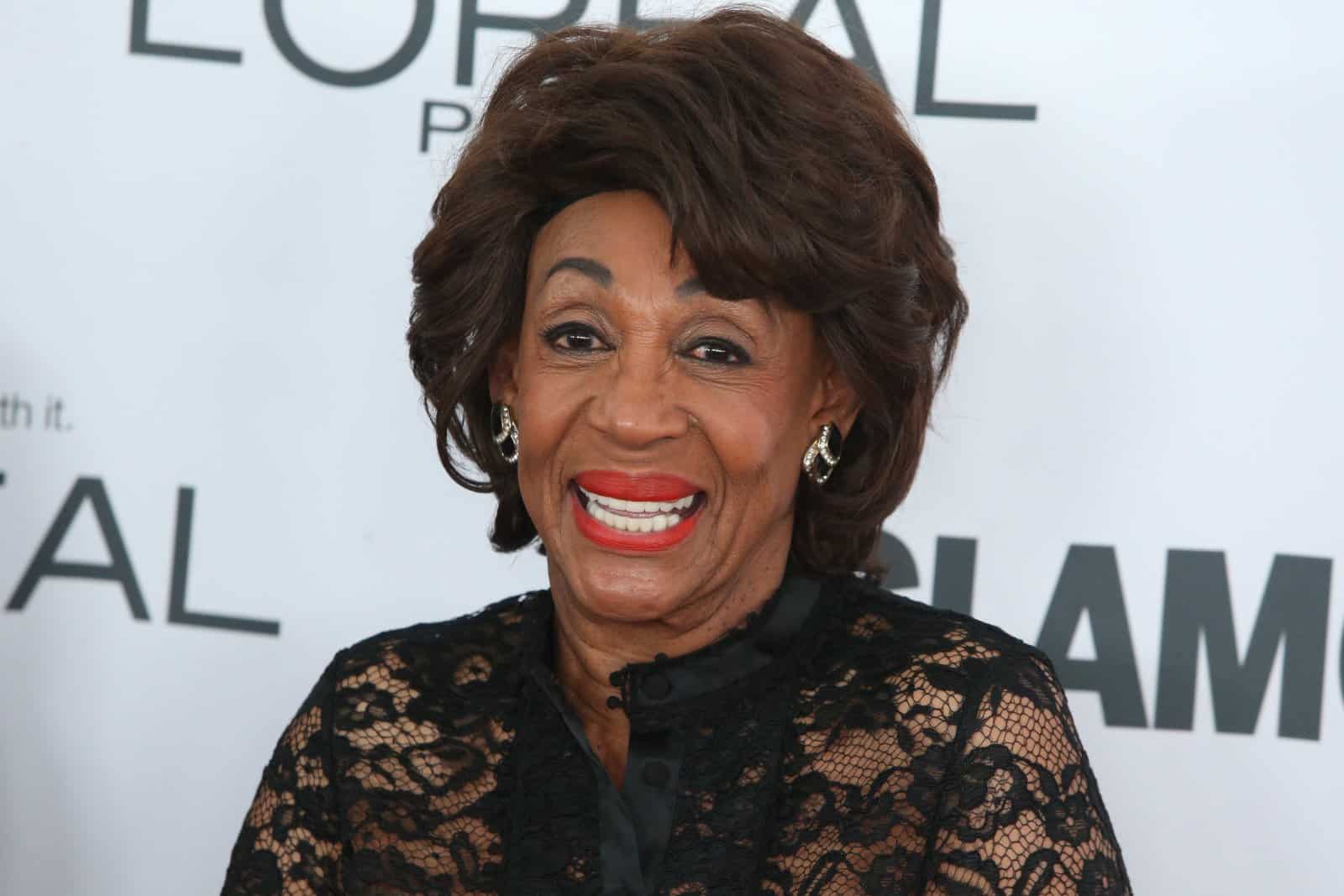
Trump frequently attacked prominent Black leaders, such as calling Rep. Maxine Waters “low IQ” and referring to African nations in derogatory terms. These comments reinforced perceptions of his disregard for Black voices in politics.
6. NFL Protests Criticism
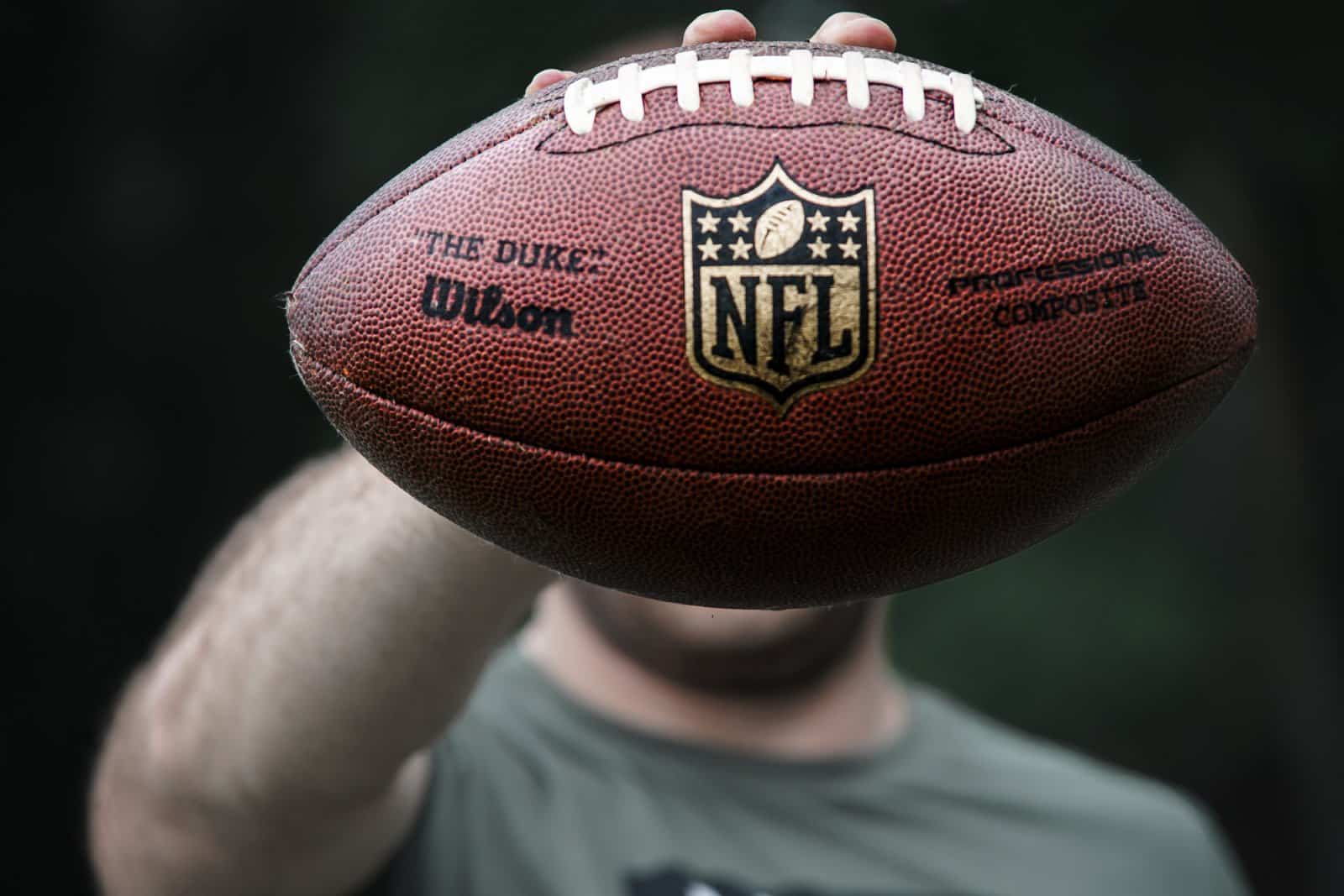
Trump’s criticism of NFL players, mostly Black, who knelt during the national anthem to protest police brutality, calling them “sons of b*****s,” was viewed as an attack on their right to peaceful protest against racial injustice.
7. Response to George Floyd Protests
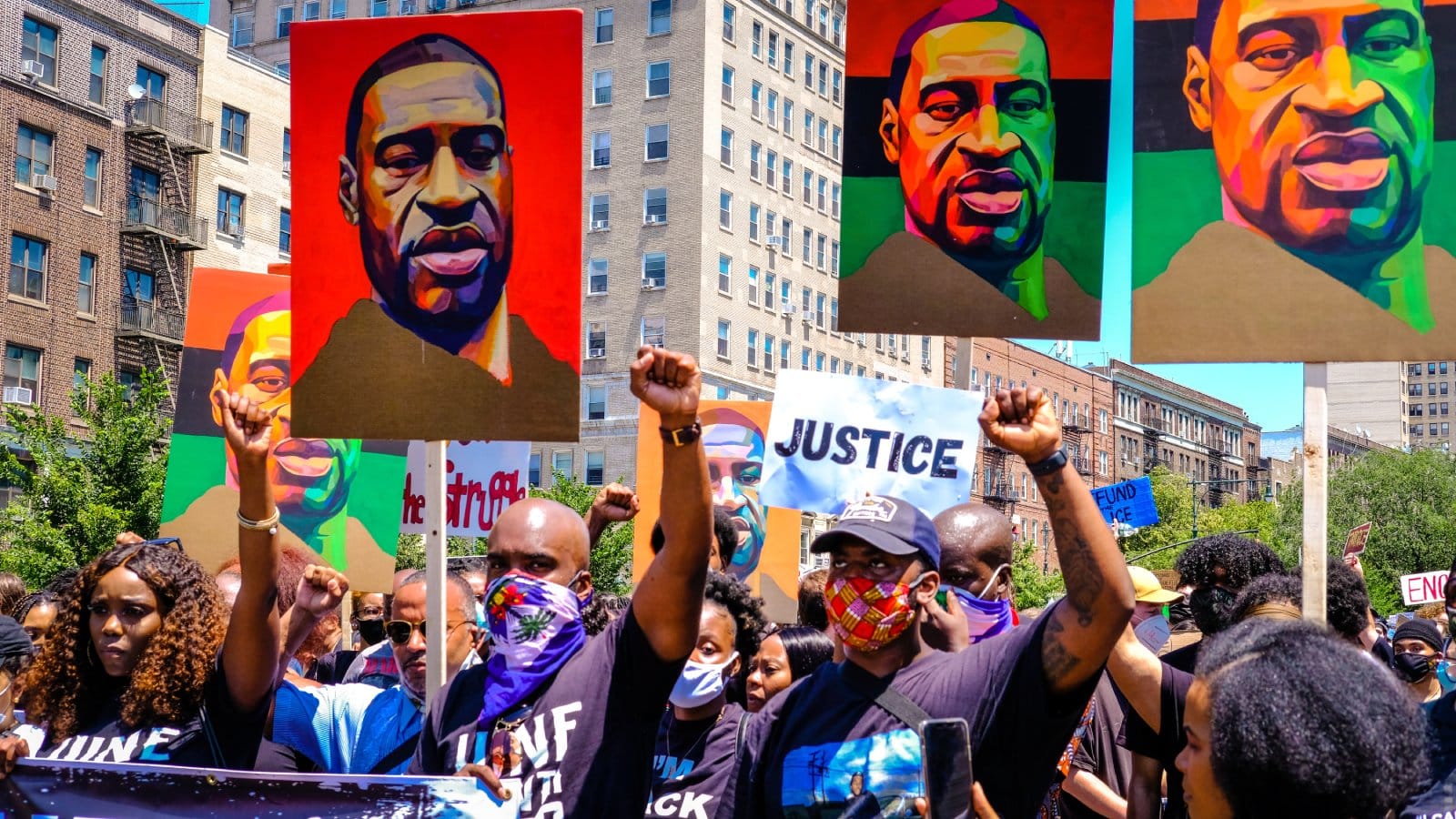
In response to the George Floyd protests in 2020, Trump called for military action against protesters, referring to them as “thugs.” His aggressive stance towards peaceful protesters seeking justice for Black lives further alienated Black voters.
8. Housing Discrimination Lawsuit

In the 1970s, Trump’s real estate company was sued by the Department of Justice for refusing to rent to Black tenants. This lawsuit highlighted long-standing discriminatory practices in Trump’s business dealings.
9. Condemnation of Baltimore
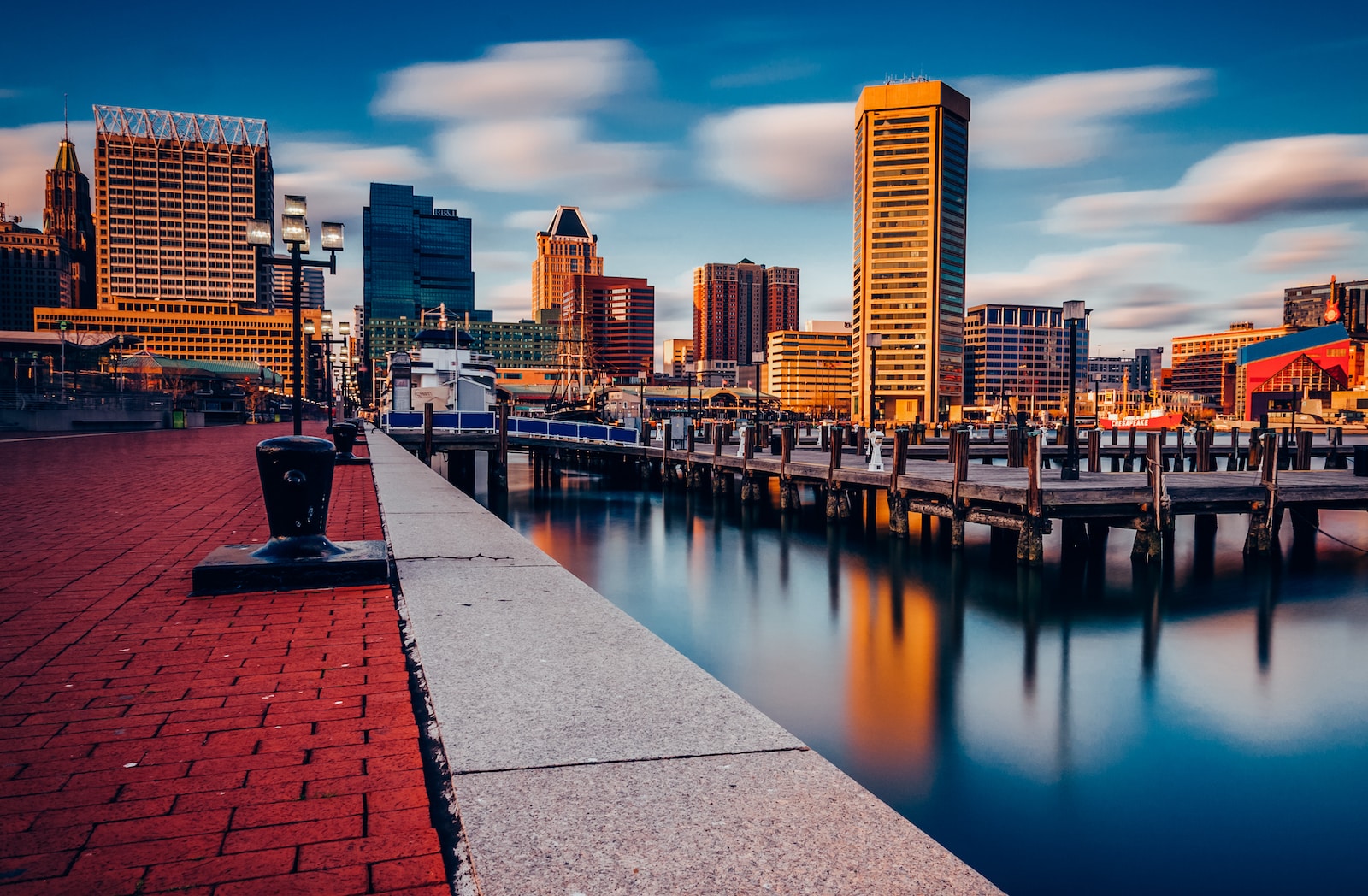
Trump called Baltimore, a predominantly Black city, a “disgusting, rat and rodent infested mess,” while attacking Rep. Elijah Cummings. His disparaging remarks about the city were widely criticized as racially insensitive.
10. Employment Disparities

While Trump boasted about low unemployment rates during his presidency, the unemployment rate for Black Americans remained higher than that for White Americans, revealing persistent economic disparities.
11. COVID-19 Impact on Black Communities
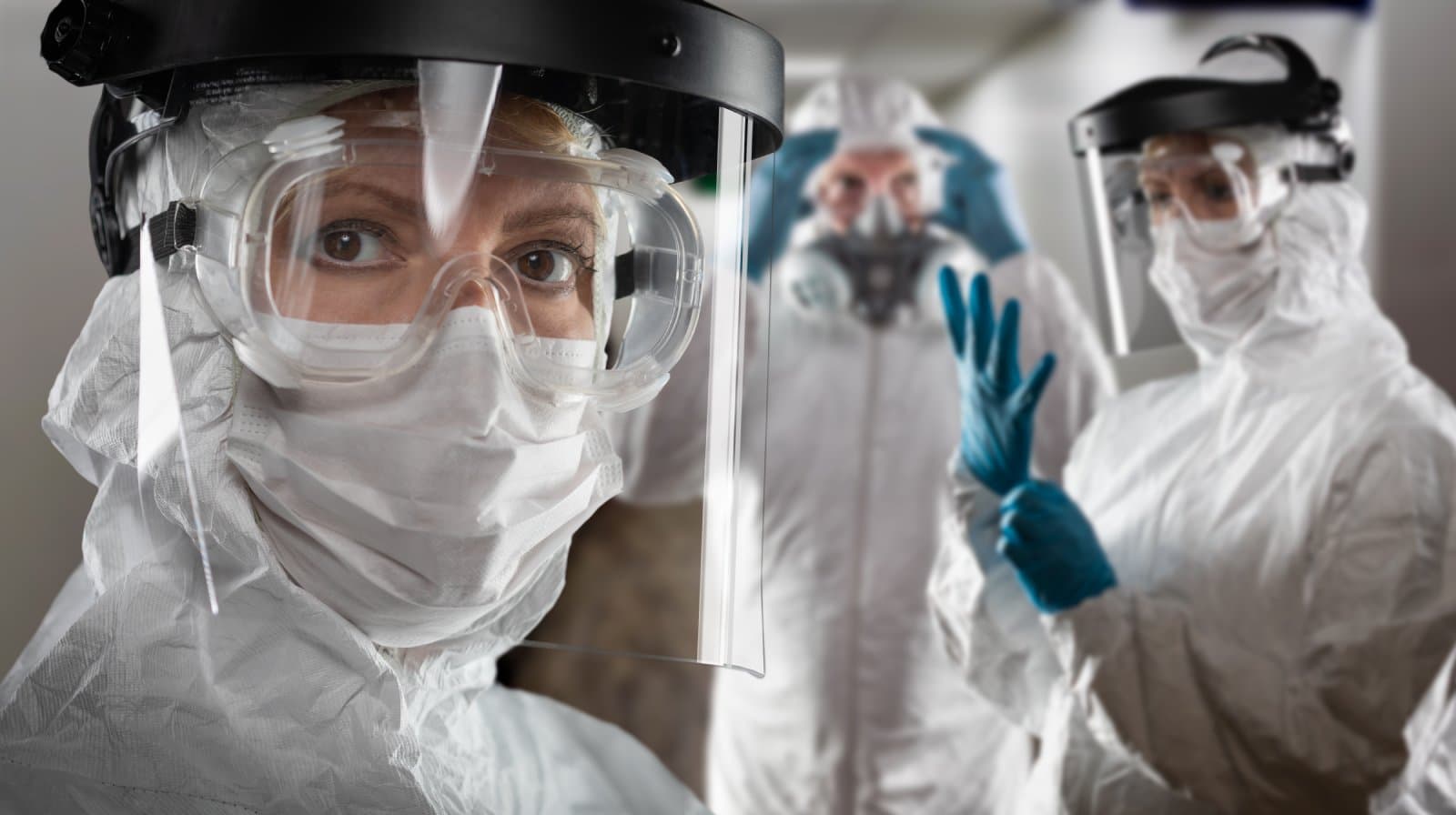
The disproportionate impact of COVID-19 on Black communities and Trump’s handling of the pandemic highlighted systemic inequalities and a lack of targeted support for those most affected.
12. Federal Response to Protests
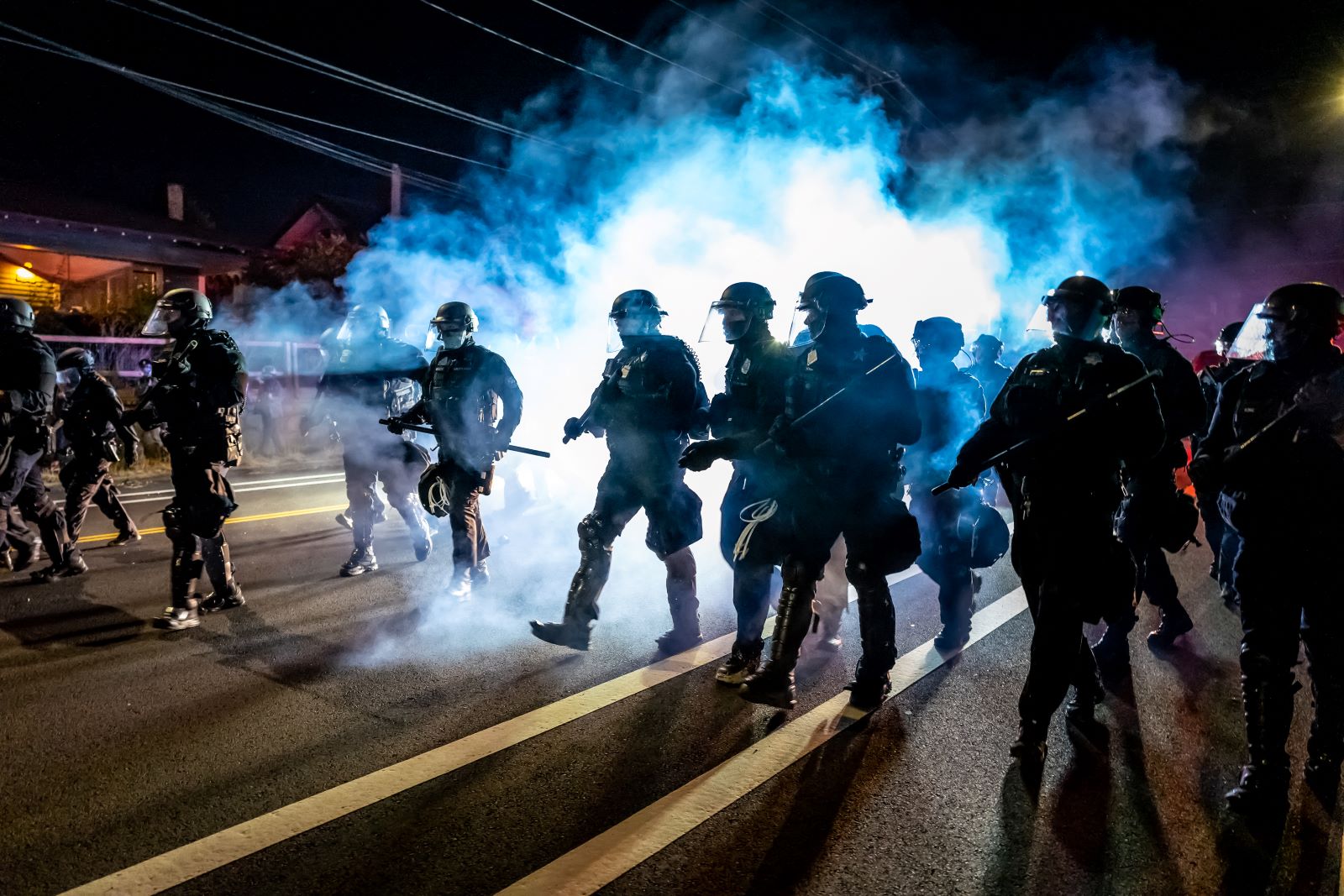
The federal response to the 2020 Black Lives Matter protests, including deploying federal troops and using tear gas, was seen as an excessive and hostile reaction to peaceful demonstrations.
13. Criminal Justice Reform
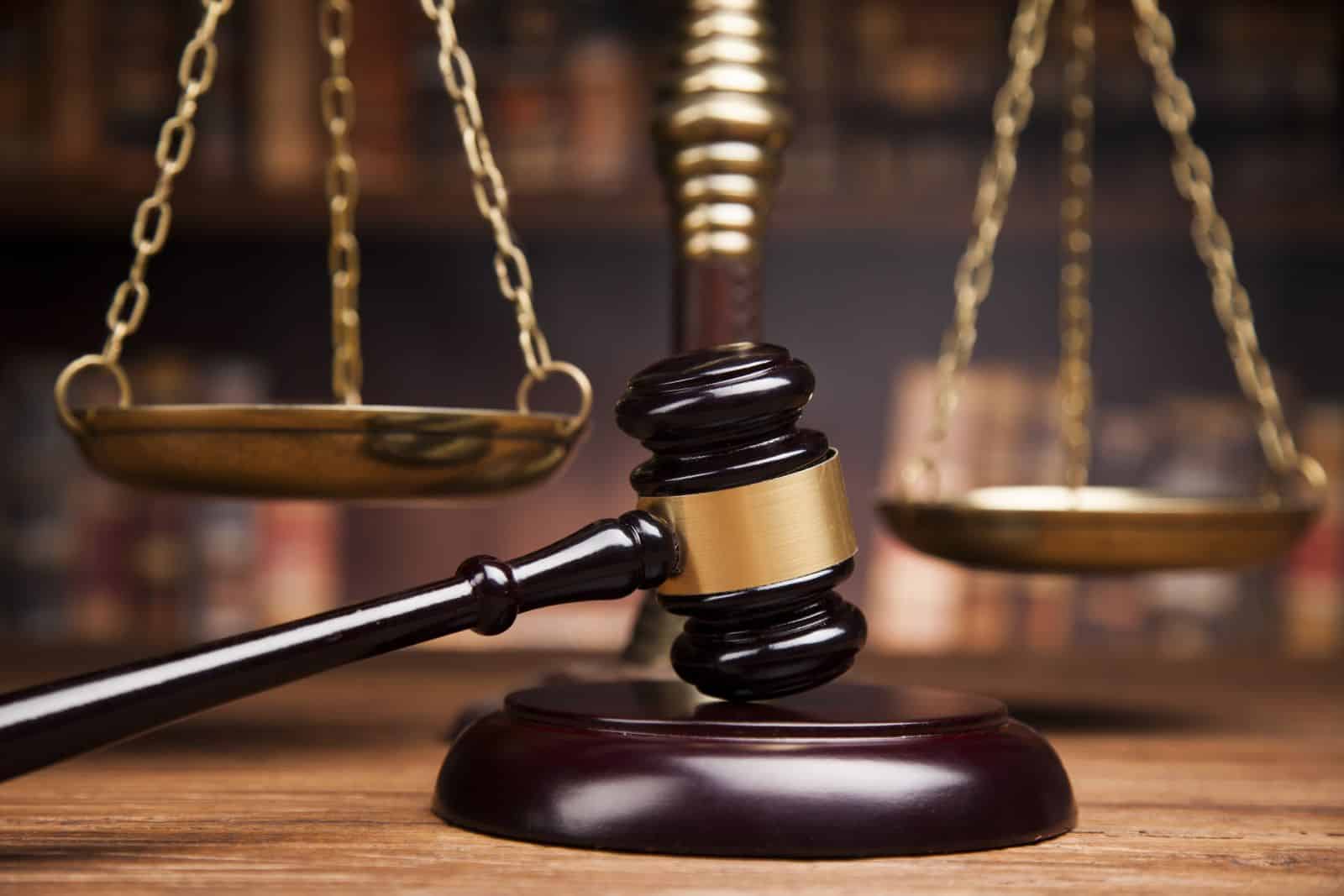
Although Trump signed the First Step Act, many critics argue that his administration did not push further on comprehensive criminal justice reform needed to address systemic racial inequities.
14. Environmental Racism

Trump’s rollback of environmental protections disproportionately affected Black communities, who are more likely to live near industrial sites and suffer from pollution-related health issues.
15. Ignoring Calls for Reparations
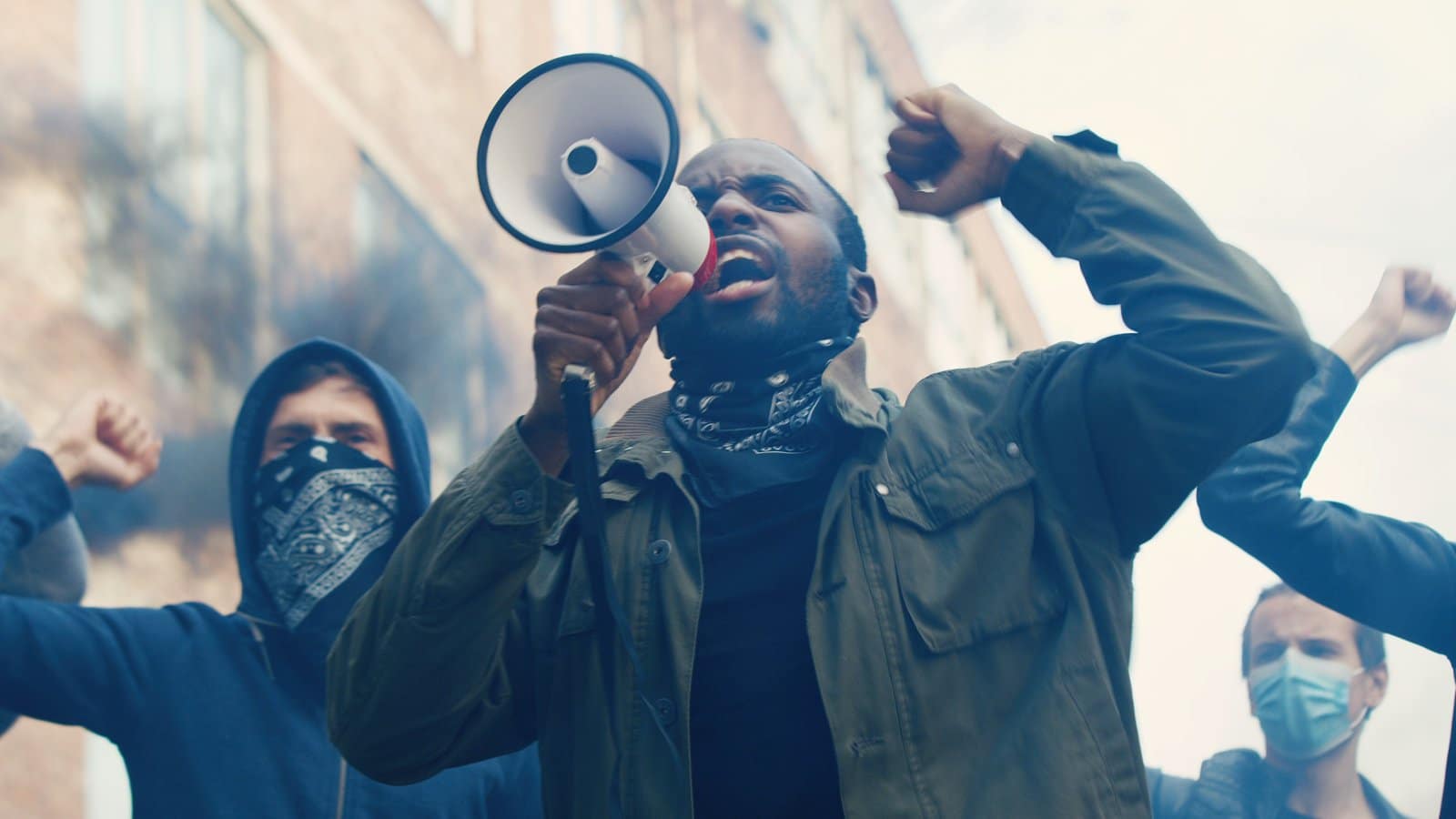
Despite growing support for reparations to address historical injustices faced by Black Americans, Trump dismissed the idea, alienating those advocating for racial equity.
16. Judicial Appointments

Trump’s judicial appointments were overwhelmingly White and male, raising concerns about the lack of diversity and representation in the federal judiciary.
17. Voter Suppression Allegations
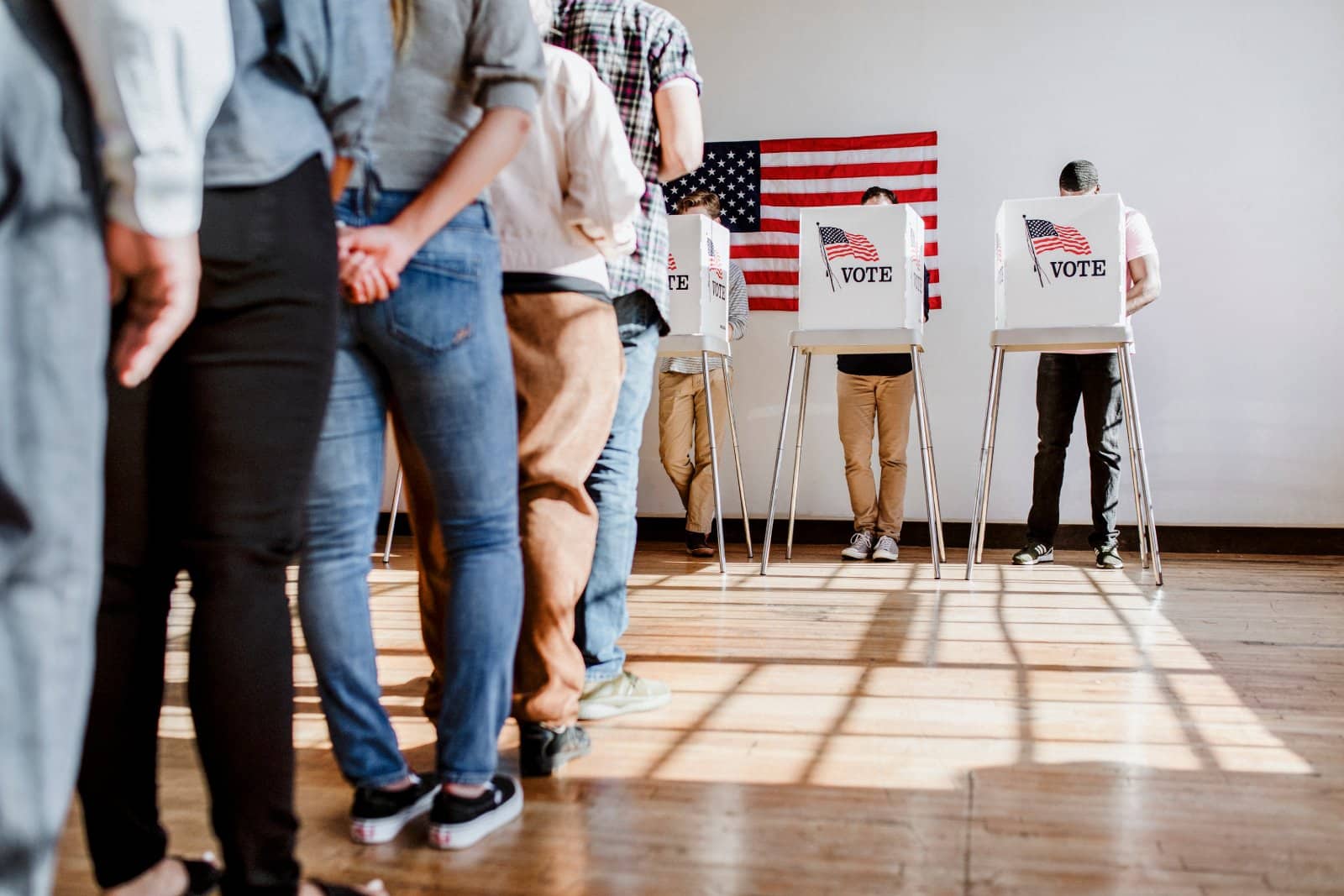
Trump’s baseless claims of voter fraud in predominantly Black cities during the 2020 election were seen as an attempt to undermine the legitimacy of Black voters’ influence.
18. Limited Support for HBCUs

While Trump signed a bill to provide funding for Historically Black Colleges and Universities (HBCUs), critics argue that his overall support for these institutions was inconsistent and insufficient.
19. Social Media Attacks
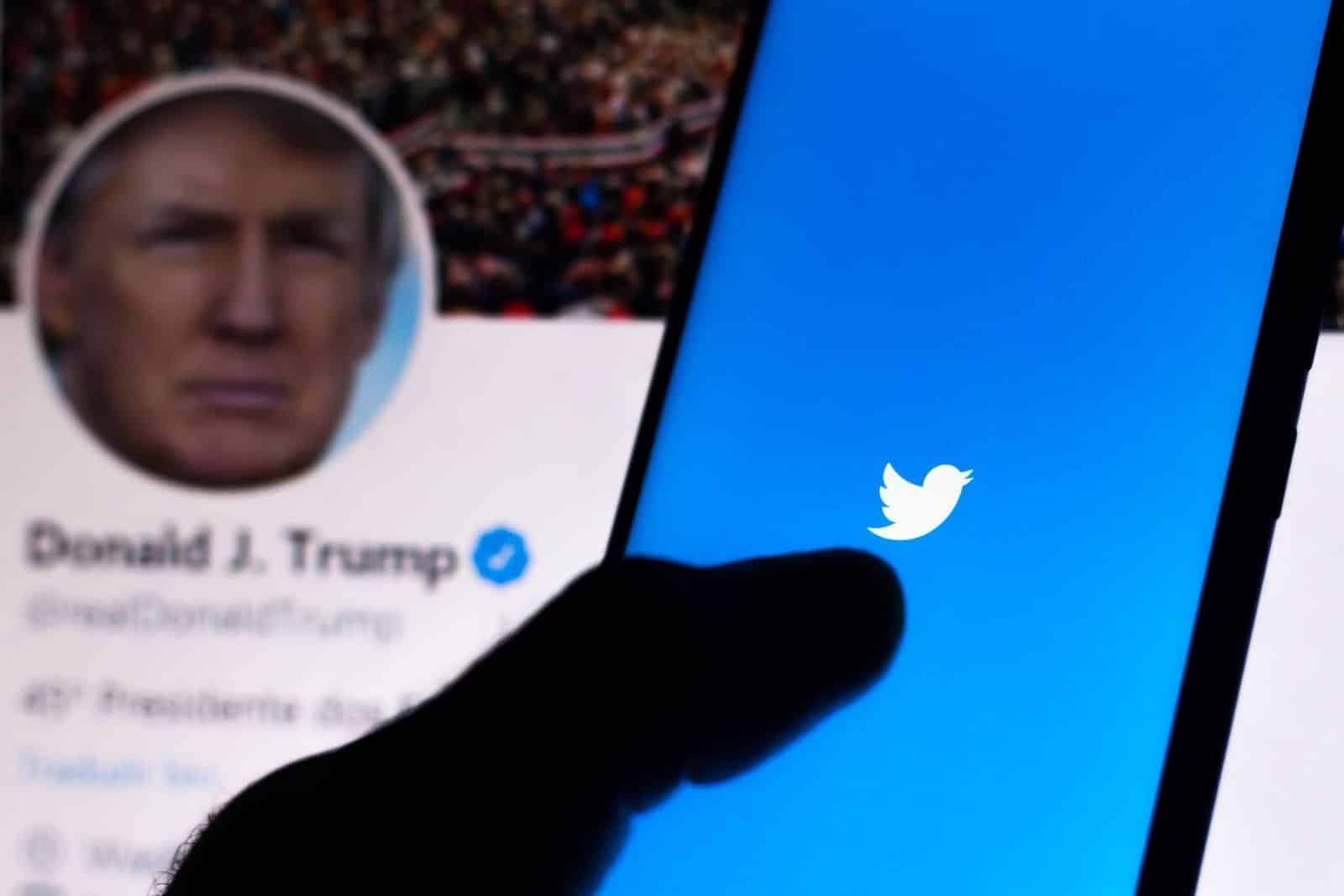
Trump’s frequent use of social media to attack Black public figures, including athletes, politicians, and celebrities, further damaged his reputation among Black voters.
20. Health Care Inequities
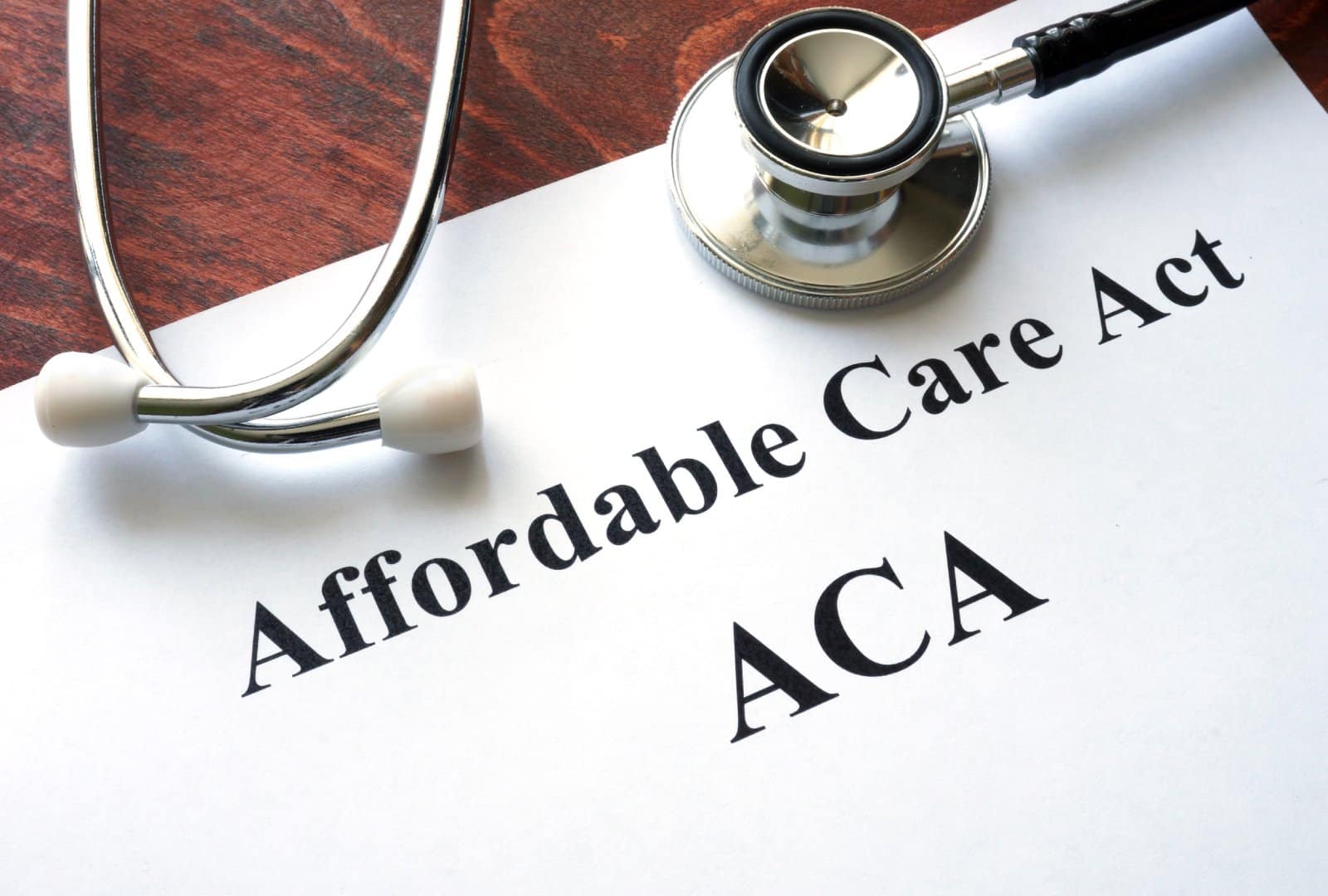
Trump’s attempts to repeal the Affordable Care Act, which disproportionately benefits Black Americans, were seen as efforts to dismantle vital health care protections.
21. Systemic Racism Denial
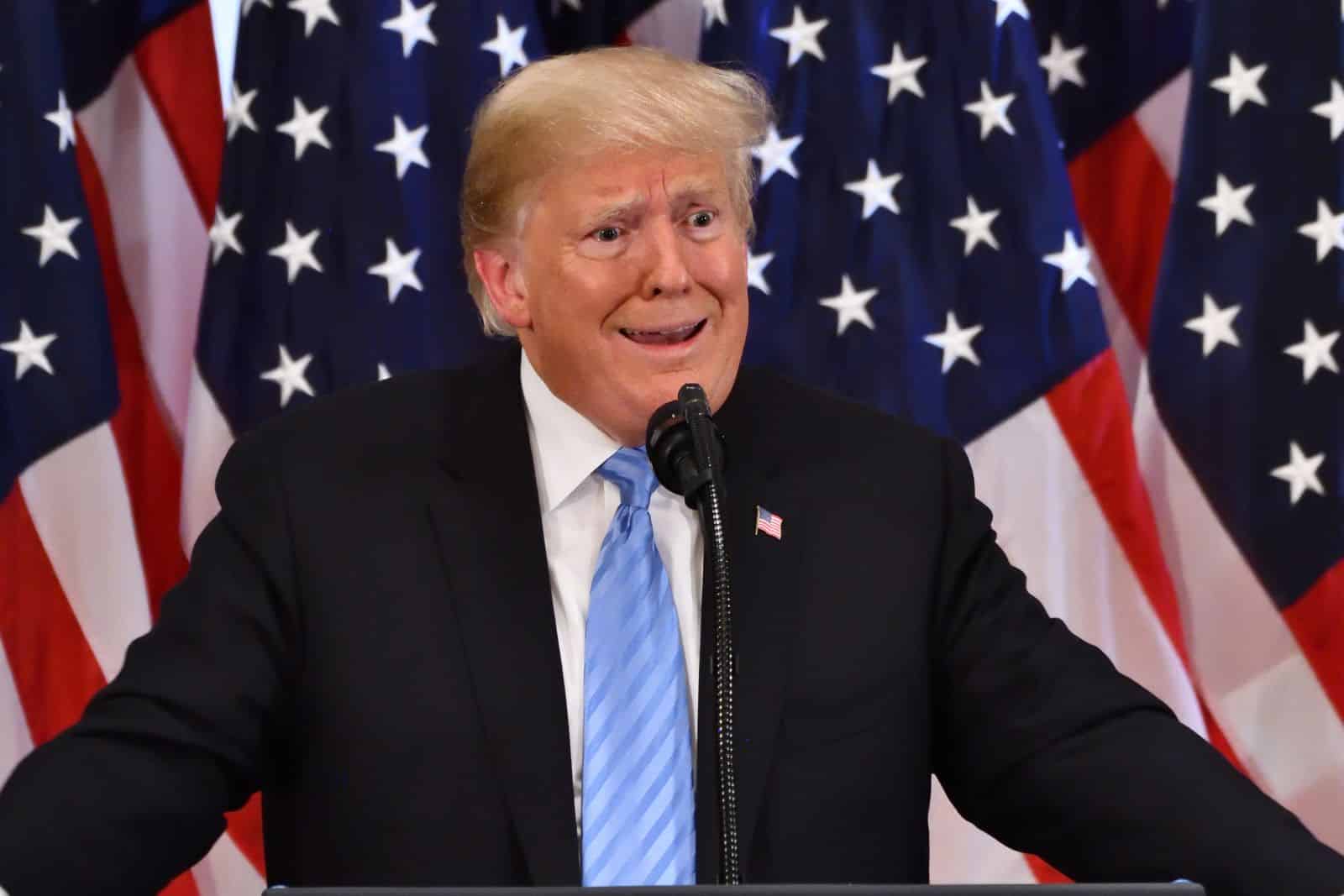
Throughout his presidency, Trump often denied the existence of systemic racism, arguing instead that America had moved past racial issues. This denial was a significant barrier to addressing and resolving racial inequities.
How Can This Be Defended?
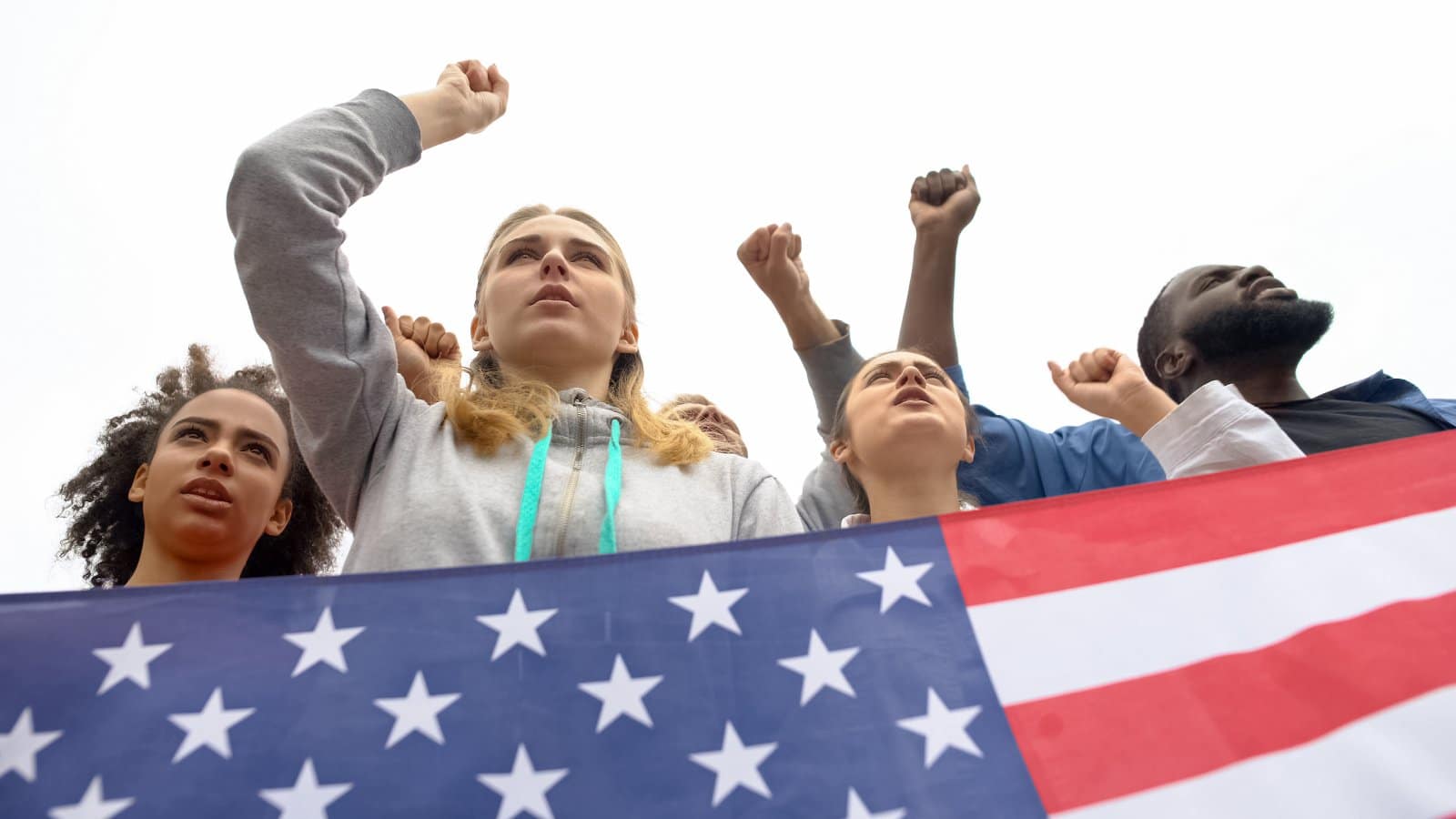
With such a track record, it’s hard to see how anyone who believes in racial equality could support Trump. How can we move forward and ensure that leadership truly represents and addresses the needs of all Americans?
21 Beliefs About the Bible That Are Actually False

The Bible is one of the most discussed and debated books in history, yet many common beliefs about it are more myth than fact. How many of these misconceptions have you heard before? 21 Beliefs About the Bible That Are Actually False
21 Subtle Racisms That Are Commonplace in America

Racism in America isn’t always overt; it often hides in plain sight through subtle actions and attitudes. How many of these subtle racisms have you noticed around you? 21 Subtle Racisms That Are Commonplace in America
Only Legal in America: 21 Things You CAN’T Do in the Rest of the World
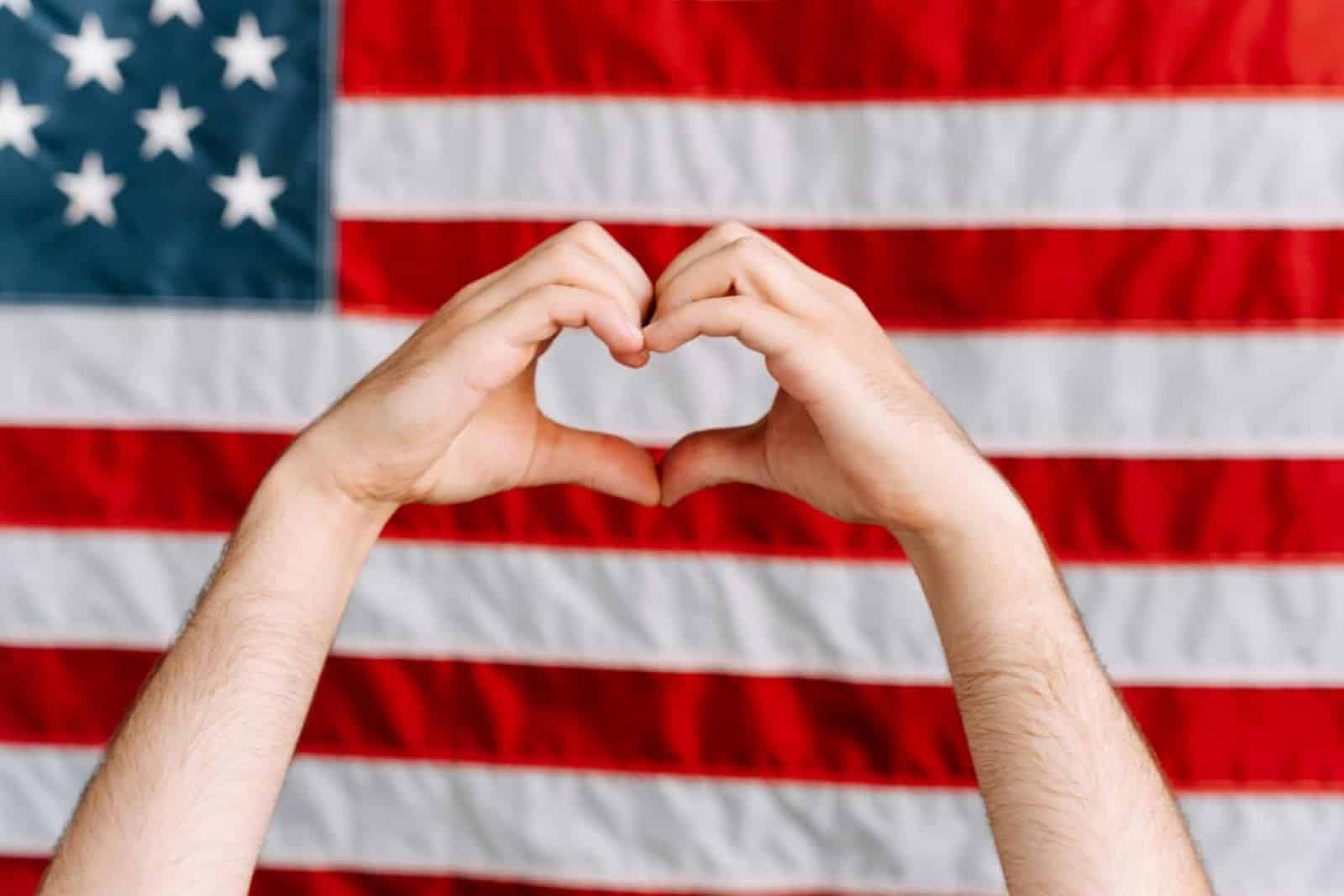
The U.S. dances to its own beat, especially when it comes to laws that make the rest of the world do a double-take. Here’s a lineup of things that scream “Only in America,” sticking strictly to what’s written in the law books. Ready for a tour through the American legal landscape that’ll leave you wondering if freedom might just be a bit too free? Only Legal in America: 21 Things You CAN’T Do in the Rest of the World
The post 21 Moments Trump Alienated Black Voters first appeared on Pulse of Pride.
Featured Image Credit: Shutterstock / mark reinstein.
For transparency, this content was partly developed with AI assistance and carefully curated by an experienced editor to be informative and ensure accuracy.

